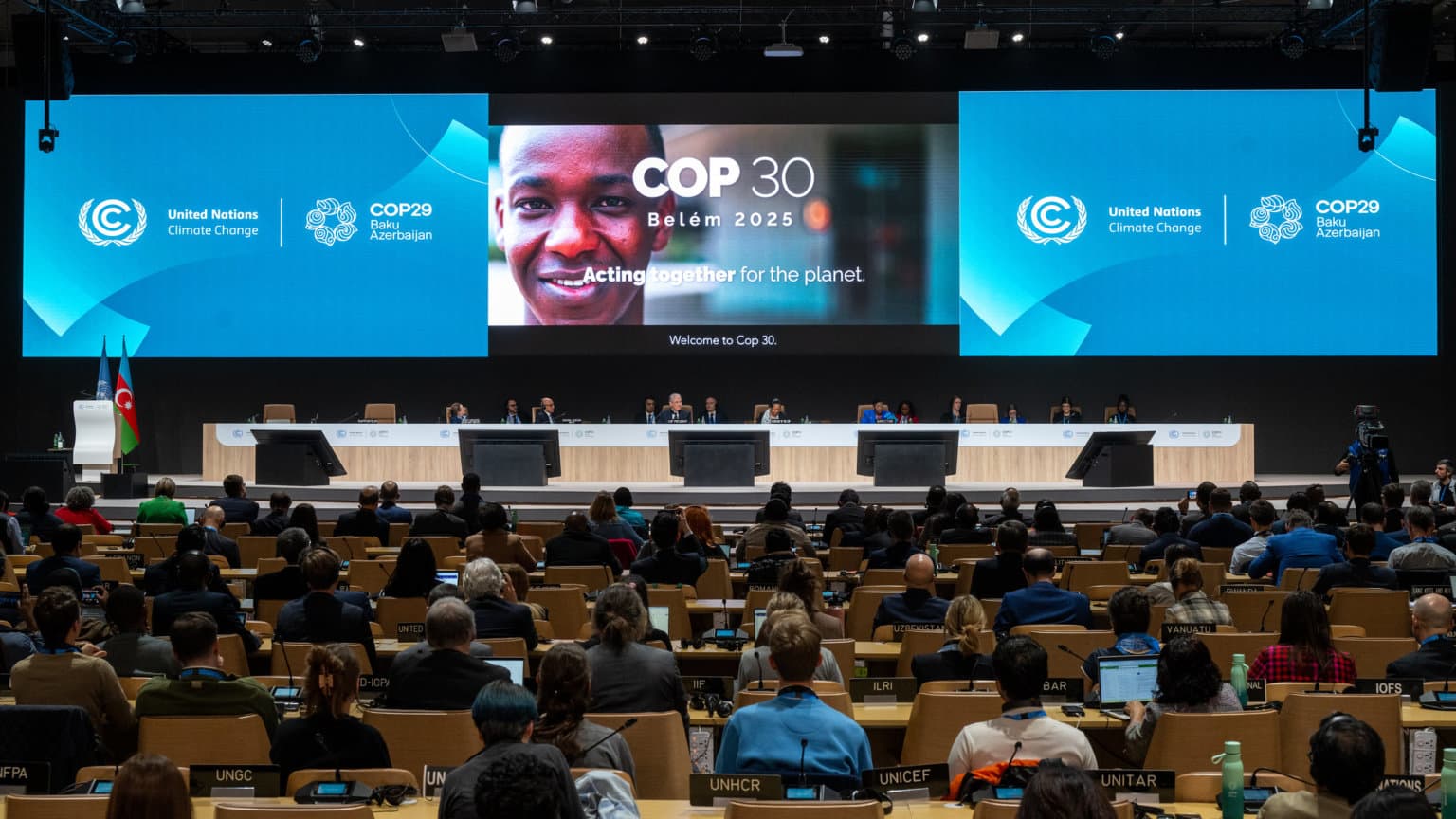Belém Summit Ends, Modest Gains and Unfinished Climate Commitments
COP30 in Belém concluded with incremental advances on finance and adaptation and a renewed focus on just transition, but negotiators fell short of decisive language on fossil fuel phase out and urgent 1.5°C action. The outcome shifts attention from headline targets to implementation details, as new cooperative deals and sideline memoranda seek to translate promises into deliverable projects.

Delegates concluded formal negotiations at COP30 in Belém, Brazil on November 25, leaving a mixed legacy of procedural progress and political compromise. The summit produced a package of implementation mechanisms intended to accelerate finance flows, bolster adaptation funding and promote a Belem Action emphasis on just transition, yet it did not deliver the sweeping commitments that many vulnerable countries and campaigners had sought.
Much of the work in the closing hours centered on converting aspirational language into operational rules. Negotiators endorsed frameworks aimed at improving access to adaptation finance and at streamlining mechanisms for tracking and disbursing funds. Several governments announced new finance pledges and bilateral cooperative arrangements intended to leverage public resources with private investment. Observers noted that a number of bilateral carbon credit memoranda were signed on the sidelines, a sign that states and companies are preparing to use cooperative approaches to meet mitigation targets while the broader global framework remains contested.
Despite these steps, the summit avoided explicit, binding language on an immediate fossil fuel phase out, reflecting sharp geopolitical divisions. Major fossil fuel producing countries and some large emitters pushed back against strict timetables and prescriptive measures, insisting on an approach that preserves economic stability and energy access. Developing countries and civil society groups said that the summit’s texts did not match the scale of support needed for loss and damage, adaptation and a rapid transition away from high carbon infrastructure.
Analysts described the outcome as pragmatic rather than transformational. The emphasis on implementation signals a recognition that summit rhetoric has outpaced delivery in recent years. Delegates said momentum will depend on how quickly pledges are converted into disbursed finance, binding project agreements and measurable outcomes at national level. For countries on the front lines of climate impacts, the next measure of success will be tangible investments in resilient infrastructure, early warning systems and direct support for communities facing loss and damage.

The political dynamics in Belém played a decisive role in shaping the final texts. Negotiations reflected a complex mix of regional priorities, development needs and geopolitical bargaining. Host country Brazil highlighted concerns about the Amazon and the rights of local and indigenous peoples, helping to place adaptation and nature based solutions on the agenda. At the same time, strategic concessions by some parties were necessary to secure consensus, resulting in language that many campaigners characterized as insufficiently ambitious.
As delegates disperse, scrutiny will shift to implementation, monitoring and accountability. The new cooperative deals and memoranda struck on the sidelines will be watched for their capacity to mobilize capital and reduce emissions in practice. For vulnerable nations and activists, COP30’s legacy will hinge on whether the modest gains on finance and institutional design translate into accelerated action that keeps the 1.5°C goal within reach and delivers equitable support for those already suffering climate harm.

